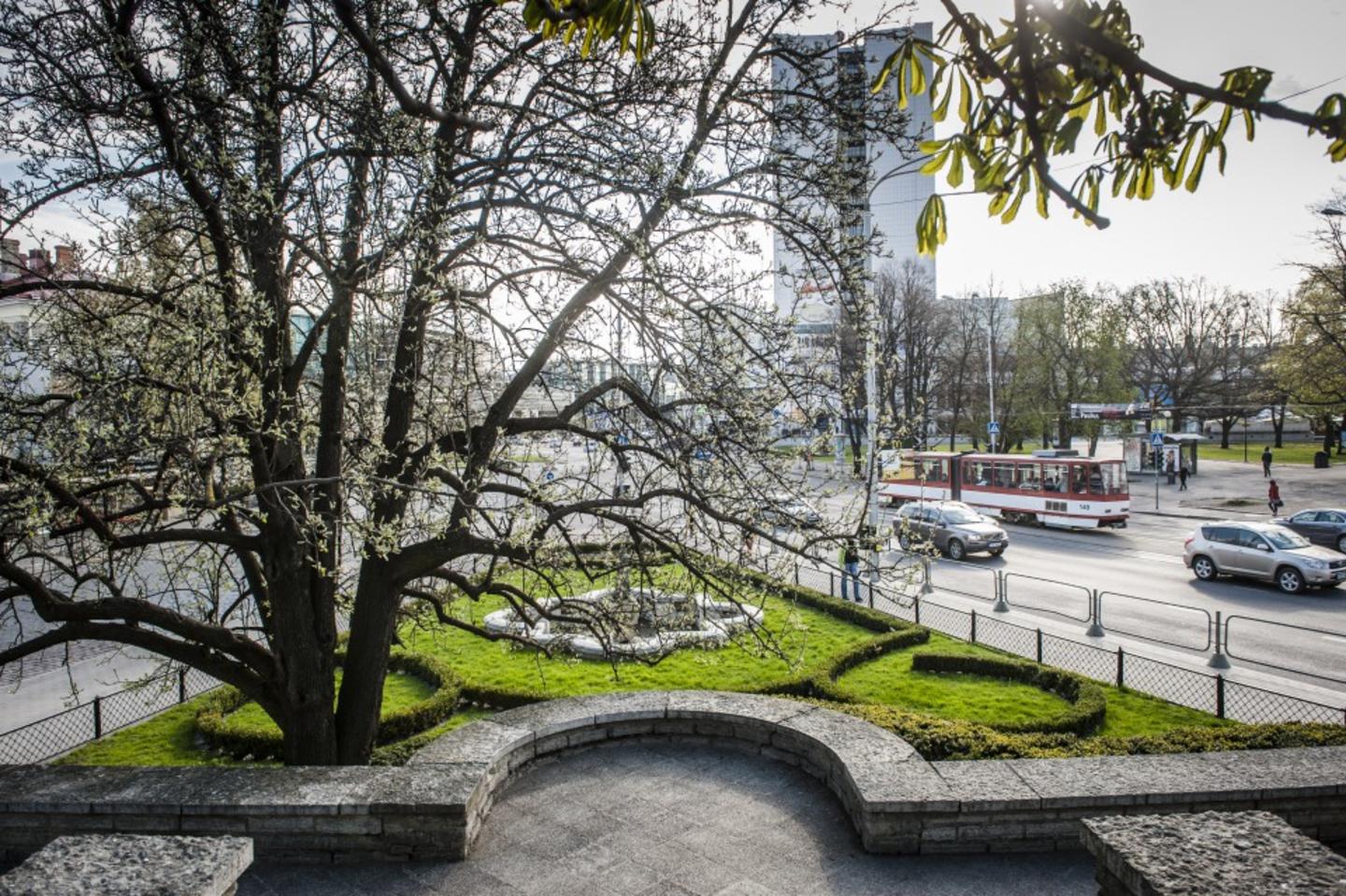Iceland, Liechtenstein and Norway operate a zero-tolerance policy towards corruption, fraud and other mismanagement of funds in the EEA and Norway Grants. The work of mitigating the risk of corruption and managing it should it occur, is part of the effort to ensure good governance in the implementation of the Grants
In addition to a zero tolerance towards corruption, good governance also includes being participatory and inclusive, accountable, transparent, responsive, effective and efficient, and following the rule of law. Of the elements that threaten good governance, corruption- the entrusted authority for private gain- is among the most destructive.
Since corruption affects the quality of services that people depend on and often hits the poor and marginalised the hardest, managing corruption risk is integral to achieving what the Grants set out to do. This also safeguards the use of public resources
Transparency International
As part of the anti-corruption work, the EEA and Norway Grants have established a strategic partnership with Transparency International (TI) - a global civil society organisation that promotes transparency and fights corruption. The organisation is, among other things, providing advice on establishing an effective complaint mechanism.
Annual seminar
As part of the cooperation with TI, annual risk seminars are being held with representatives from all the beneficiary countries of the Grants. This year’s seminar was held in Tallinn and promoting anti-corruption was one of the main themes of the seminar.
TI also provides practical guidance to support the implementation of the Grants, by suggesting mitigating measures to help tackle some of the most common forms of corruption as well as providing individuals and non-governmental organisations a possibility to inform or whistle-blow where they perceive irregularities or corruption.
